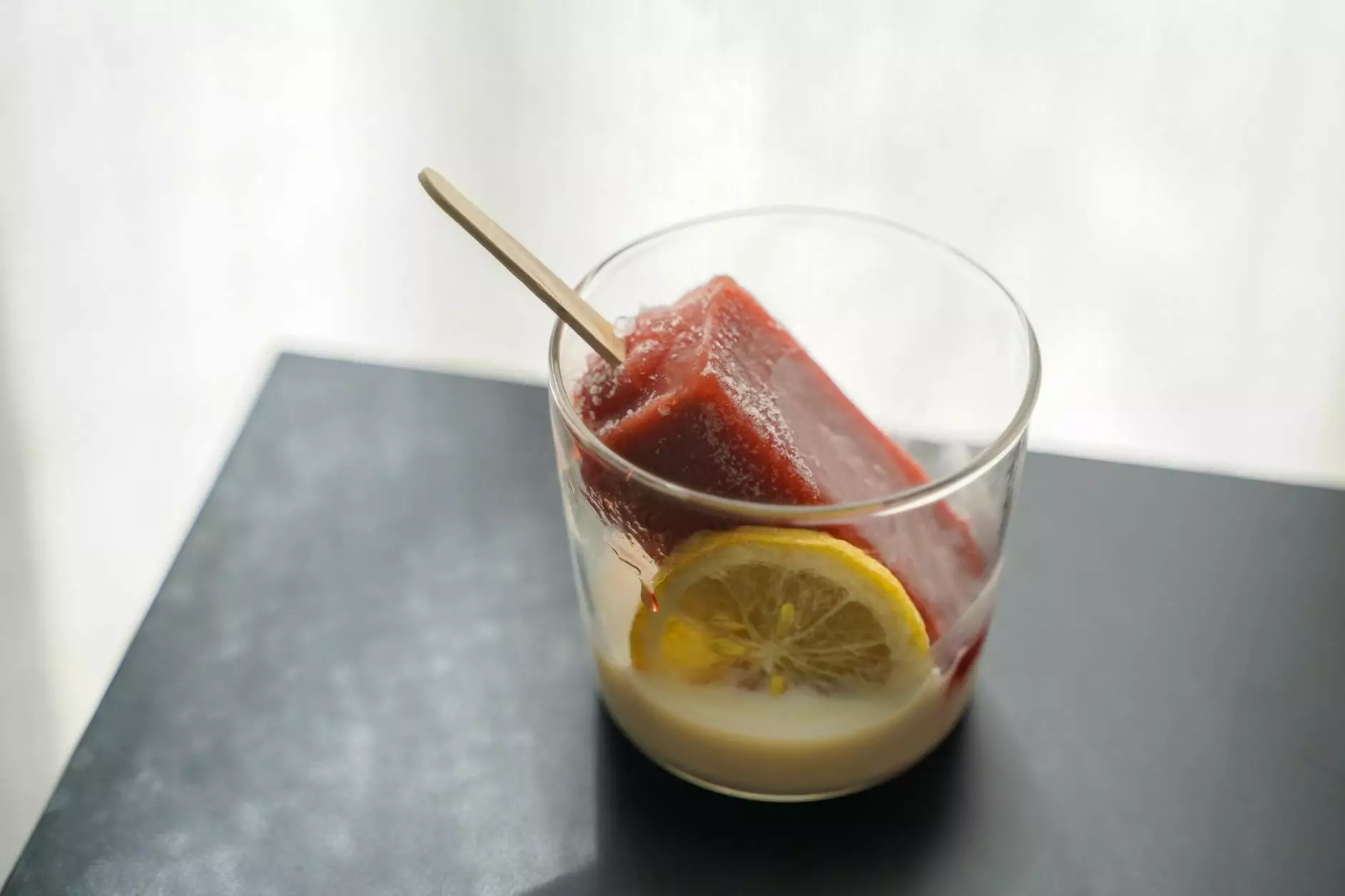Understanding Horse Anti Inflammatory Treatments: A Comprehensive Guide

The world of equine care is filled with challenges and choices, particularly when it comes to managing health issues such as inflammation in horses. Horse anti-inflammatory treatments play a crucial role in ensuring that our equine companions remain healthy, perform at their best, and lead an active, pain-free life. In this detailed guide, we will explore various aspects of horse anti-inflammatory treatments, including their significance, types, administration, and the best practices to adopt for optimal results.
The Importance of Treating Inflammation in Horses
Inflammation is a natural biological response to injury or infection. However, when it persists or occurs excessively, it can be detrimental to a horse’s health, performance, and overall well-being. Here’s why addressing inflammation is essential:
- Pain Relief: Inflammation leads to pain and discomfort, hindering a horse's ability to perform tasks and engage in normal activities.
- Improved Mobility: Reducing inflammation enhances joint function and mobility, which is especially critical for performance horses.
- Faster Recovery: Post-injury or post-exercise, anti-inflammatory treatments can significantly speed up recovery times.
- Enhanced Performance: A horse that is free from pain and discomfort is more likely to perform well in competitive settings.
Common Causes of Inflammation in Horses
Before we delve into treatments, it's essential to understand what causes inflammation in horses. Common triggers include:
- Injuries: Sprains, strains, and fractures can lead to localized inflammation.
- Joint Problems: Conditions such as arthritis and synovitis result in chronic inflammation.
- Infections: Bacterial and viral infections often provoke an inflammatory response.
- Allergies: Environmental allergies may result in systemic inflammation.
Types of Horse Anti-Inflammatory Drugs
When considering treatment options, it’s vital to distinguish between the types of horse anti-inflammatory medications available. They generally fall into two categories: non-steroidal anti-inflammatory drugs (NSAIDs) and corticosteroids.
Non-Steroidal Anti-Inflammatory Drugs (NSAIDs)
NSAIDs are commonly used to alleviate pain and inflammation in horses. They work by inhibiting the production of chemicals known as prostaglandins, which play a crucial role in the inflammatory process. Here are some popular NSAIDs:
- Phenylbutazone: Often referred to as "bute," it’s one of the most widely used NSAIDs for horses.
- Flunixin Meglumine: Known for its efficacy in treating colic and muscle soreness.
- Firocoxib: A newer generation NSAID that provides targeted action with fewer side effects.
Corticosteroids
Corticosteroids are potent anti-inflammatory agents that mimic the body's natural hormones. They are effective for treating severe inflammation but must be used with caution due to potential side effects. Examples include:
- Prednisone: Commonly prescribed for systemic inflammatory conditions.
- Dexamethasone: Used for acute inflammation and allergic reactions.
Administering Horse Anti-Inflammatory Treatments
Proper administration of horse anti-inflammatory medications is crucial to ensuring effectiveness and minimizing side effects. Here are important considerations:
Consulting a Veterinarian
Before starting any treatment regimen, it’s essential to consult a veterinarian. They can diagnose the underlying cause of inflammation, recommend the most suitable anti-inflammatory agents, and advise on dosage and duration of treatment.
Injections vs. Oral Medications
Horse anti-inflammatory medications can be given orally or via injection. Here’s a brief overview of both methods:
- Oral Medications: These are often easier to administer but may take longer to show results.
- Injectable Medications: These provide quicker relief, especially in acute cases, but require veterinary expertise for administration.
Natural Alternatives to Anti-Inflammatory Medications
For those looking for natural remedies, there are several alternatives that may help reduce inflammation in horses:
- Turmeric: Known for its anti-inflammatory properties, turmeric can be added to a horse’s diet.
- Omega-3 Fatty Acids: Found in fish oil, they are known to support joint health and reduce inflammation.
- Herbal Remedies: Certain herbs, such as devil’s claw and willow bark, have been used traditionally to help alleviate inflammation.
The Role of Proper Nutrition in Managing Inflammation
Nutrition plays a crucial role in managing inflammation. A balanced diet rich in antioxidants, omega-3 fatty acids, and essential nutrients can support a horse’s overall health and reduce inflammatory responses. Here are some dietary considerations:
- High-Quality Hay: Ensure the horse receives high-quality forage free from mold and dust.
- Whole Grains: Incorporate oats or barley for an energy source without excessive sugar.
- Supplementation: Use supplements that contain joint-supporting ingredients such as glucosamine and chondroitin.
Monitoring and Managing Inflammation
Once a treatment is initiated, ongoing monitoring is essential. Regular veterinary check-ups enable adjustments to medication regimens and ensure that the horse remains on the path to recovery. Here are some tips for effective monitoring:
- Keep a Log: Document your horse's behavior, appetite, and any changes in condition.
- Frequent Observations: Pay attention to any signs of increased pain or discomfort, and report these to your veterinarian promptly.
- Adjust Treatments as Needed: Work with your veterinarian to adapt your management plan according to your horse’s response.
Conclusion: A Holistic Approach to Equine Health
In summary, horse anti-inflammatory treatments are vital for managing pain and inflammation, helping horses recover more rapidly and perform better. By understanding the types of medications available, consulting with veterinarians, considering natural remedies, and providing proper nutrition, horse owners can make informed decisions that promote the well-being of their equine friends. Remember, a proactive approach to managing your horse's health will lead to positive outcomes and long-term benefits.
Final Thoughts
In conjunction with effective medical treatment, maintaining a healthy lifestyle for your horse through regular exercise, social interaction, and appropriate nutrition can significantly enhance their quality of life. As horse owners and caretakers, it’s our responsibility to ensure that these majestic creatures receive the best possible care. Their health is a priority, and informed decisions about anti-inflammatory treatments are key to ensuring they thrive.
horse anti inflammatory


